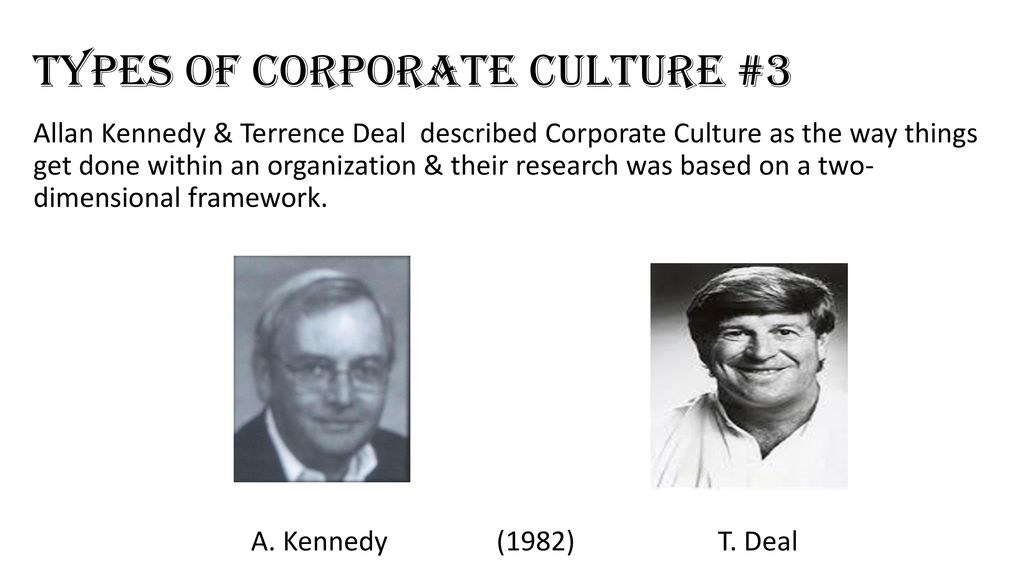

New symbols are easily developed and old ones disappear symbols from one cultural group are regularly copied by others. The words in a language or jargon belong to this category, as do dress, hair-do, Coca-Cola, flags and status symbols. Symbols are words, gestures, pictures or objects which carry a particular meaning, only recognized as such by those who share the culture. These can be imagined as the skins of an onion, symbols representing the most superficial, and values the deepest, layers of culture, with heroes and rituals in between (figure 1). From the many terms used to describe manifestations of culture, the following four together cover the total concept rather neatly: symbols, heroes, rituals and values. We have defined it into existence: “A construct is not directly accessible to observation but inferable from verbal statements and other behaviors and useful in predicting still other observable and measurable verbal and nonverbal behaviors” (Levitin 1973).Ĭulture as collective programming of the mind manifests itself in several ways. ‘Culture’ as thus defined is a construct, that is, a product of our imagination. This is particularly the case for organizational cultures versus national cultures, if only because membership of an organization tends to be partial and more or less voluntary, while the ‘membership’ of a nation is permanent and usually established at birth. For different kinds of social systems, their ‘cultures’ are usually of a different nature.

However, the use of the word ‘culture’ for all these categories does not mean that they are identical phenomena. Next to national and organizational cultures one can distinguish regional cultures, occupational cultures, gender cultures and so on. In the case of organizational cultures, the category is the organization as opposed to other organizations-other things, like nationality, being equal. In the case of national culture, the category is the nation. ‘Culture’ in this sense is “ the collective programming of the mind that distinguishes the members of one group or category of people from others” (Hofstede, Hofstede and Minkov 2010, 6). However, in the past decades a broader metaphorical meaning has become popular, derived from anthropology: collective ways of acting, thinking, and feeling. Metaphorically the word is used for the training or refining of the mind: civilization. The word ‘culture’ has three meanings: Literally it means tilling the soil: cultivation. Individuals have personalities, only partly influenced by the culture in which they grew up. The concept of culture does not apply at the level of individuals. It can create and sometimes change an organizational culture.

Management can never change a national culture, it can only understand and use it. National and organizational cultures are quite different phenomena: national cultures belong to anthropology, organizational cultures to sociology. What's more important to long-term prosperity is the company's culture-the inner values, rites, rituals, and heroes-that strongly influence its success, from top management to the secretarial pool.For junior and senior managers alike, Deal and Kennedy offer explicit guidelines for diagnosing the state of one's own corporate culture and for using the power of culture to wield significant influence on how business gets done.Culture does not exist in a tangible sense, it is a product of our imagination and is only useful in so far as far as it helps us understand and predict phenomena in the real world. They find that the health of the bottom line is not ultimately guaranteed by attention to the rational aspects of managing-financial planning, personnel policies, cost controls, and the like. In this revised and updated 2000 edition of Corporate Cultures, organization consultants Terrence Deal and Allan Kennedy probe the conference rooms and corridors of corporate America to discover the key to business excellence. Business experts everywhere have been finding that corporations run not only on numbers, but on culture.


 0 kommentar(er)
0 kommentar(er)
